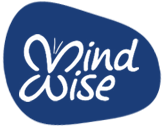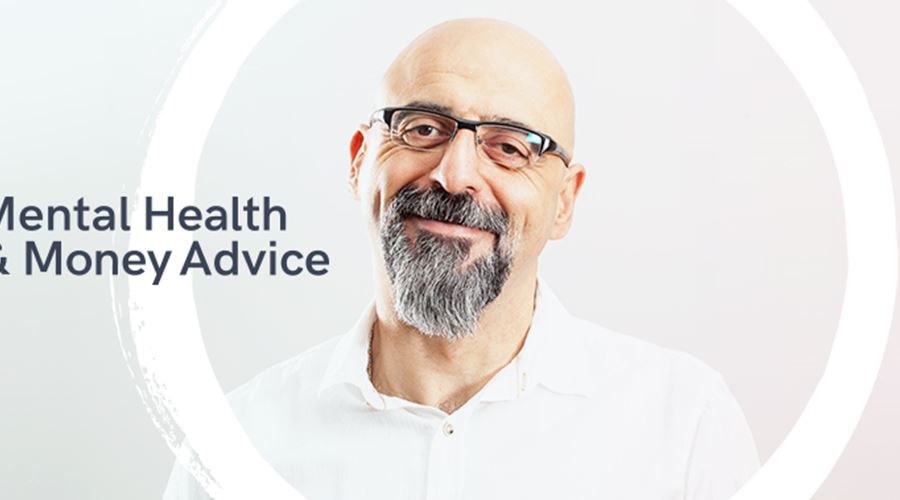- Home
- News & Blogs
- Current: 5 Steps To Manage Your Debt
Do you need urgent help?
If you need to speak to someone right now, here are some confidential options which provide 24/7 support. If you're worried you might hurt yourself or someone else, please call 999, or go to your nearest A and E.
Childline
Helps anyone under 19 in the UK with any issue they’re going through. Childline is free, confidential and available any time, day or night.
0800 1111Samaritans
24 hours a day, 365 days a year. You don't have to be suicidal to call us
5 Steps To Manage Your Debt
Tue, 26 - January - 2021
The impact of coronavirus on our finances has been huge. One in seven of us are struggling to pay our bills right now, according to research by Citizens Advice. And recent figures from the Office For National Statistics show the proportion of us who are borrowing has accelerated to 45% since June.
The situation has been particularly tough for those of us who are living with a mental health condition, as this can make tackling debt even more daunting. But there are small changes you can make to help pay off what you owe. We spoke to Michele Loughran, our Mental Health and Money Advice Manager, for her best advice on getting out of debt.
Step 1: Deal with priority debts
Draw up a budget sheet to see how much you have available to pay your debts each month. Work out how much money you need to set aside each week for priority expenses (heating, food etc) and how much you need to allocate to dealing with priority debts. A priority debt means you would lose something such as your home if you didn’t pay it so it is vital you deal with these first. Some more advice from Mental Health UK on how to manage your money during the Covid-19 outbreak here.
Step 2: Set up a basic bank account
Your bank can withdraw money from your account if you have a debt with the banking group (such as a contracted loan or credit card repayments) that you've failed to pay. To avoid this, have all your income paid into a bank account that isn’t linked to any of your debts. If you need to open a new account, ask for a basic account without a credit facility such as an overdraft. Your wages or benefits can be paid into this. You’ll still be able to withdraw money from a cash point and set up standing orders and direct debits.
Step 3: Get a Balance Transfer card
A balance transfer lets you transfer the balance from one credit card or store card, where you may be paying high interest, to a 0% interest card. You need to research deals that are best for you and apply. You’ll usually only get the 0% interest on the transferred balance, not on any new spending, so be sure to not spend on this card. You should also make sure you cut up your original card to resist getting into more debt.




Step 4: Seek help with guarantor loans
A guarantor loan is a type of loan where the lender will ask for someone else to sign as guarantee and repay the loan if the original borrower defaults. Credit Unions and some loan companies offer them. We recommend you consider the consequences before signing as a guarantor and the lender should advise you to seek independent legal advice before doing so. If you’re worried you may have entered into one of these agreements contact our Mental Health and Money Advice team. They’ll check legalities around it and offer advice.
Step 5: Get free debt help
As with any problems with debt, seek free advice early from a charity. If you’re struggling with your mental health and your finances, we encourage you to contact our Mental Health and Money Advice team for free on 08088010373 – choose Northern Ireland. We can help you create a debt management plan and work out an affordable repayment schedule with your creditors. Never pay for debt advice - some firms will try and charge you, but we will provide help for free.
Our free Mental Health and Money Advice service will help explain what options are available to you for dealing with your debts. For more information visit our MHMA service page. Don't hesitate to contact us - we will offer you all the support we can to help you get back on top of your finances.

Keeping well during coronavirus
Tips and help for keeping well during coronavirus from the Linked-In team.





